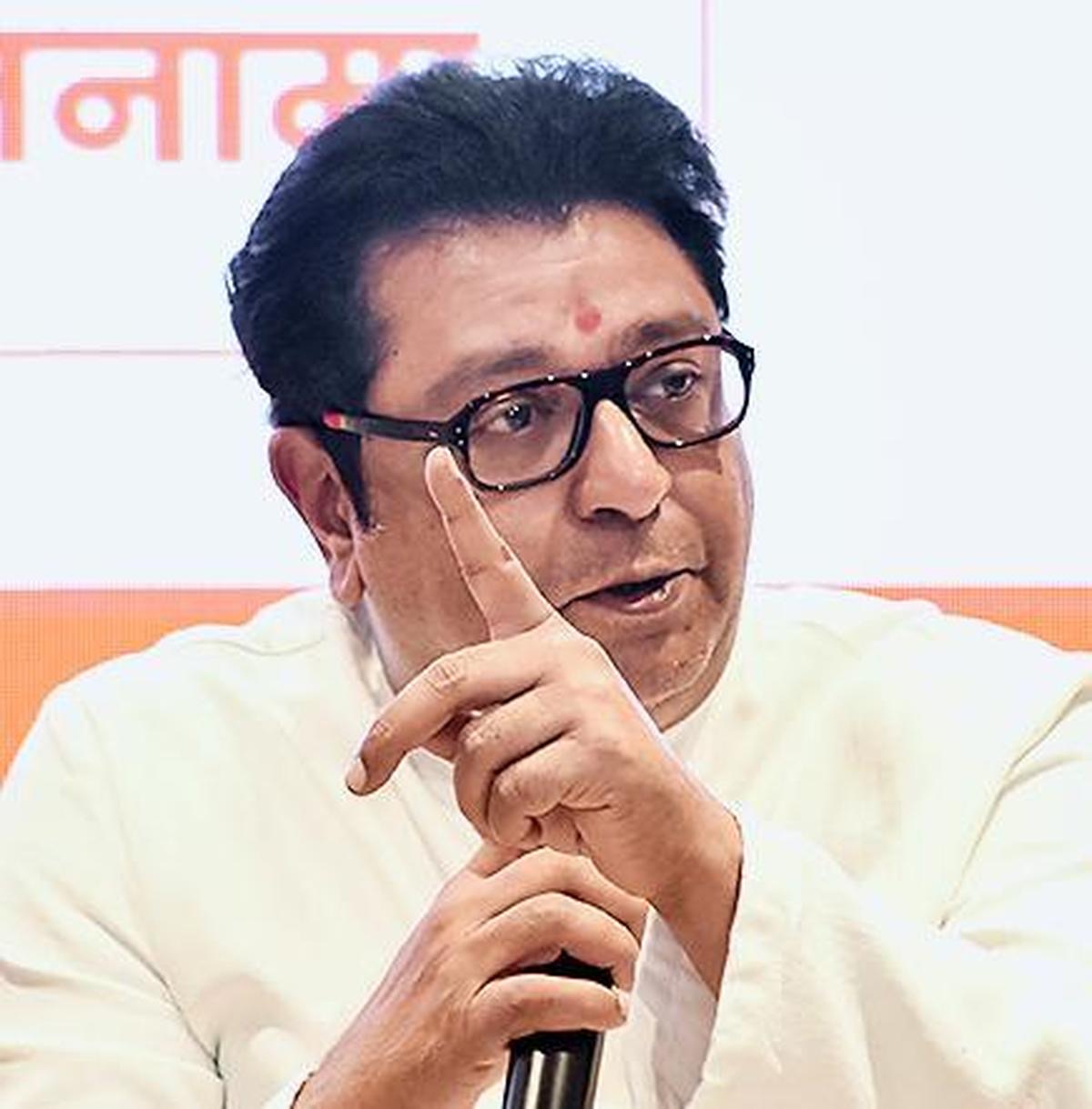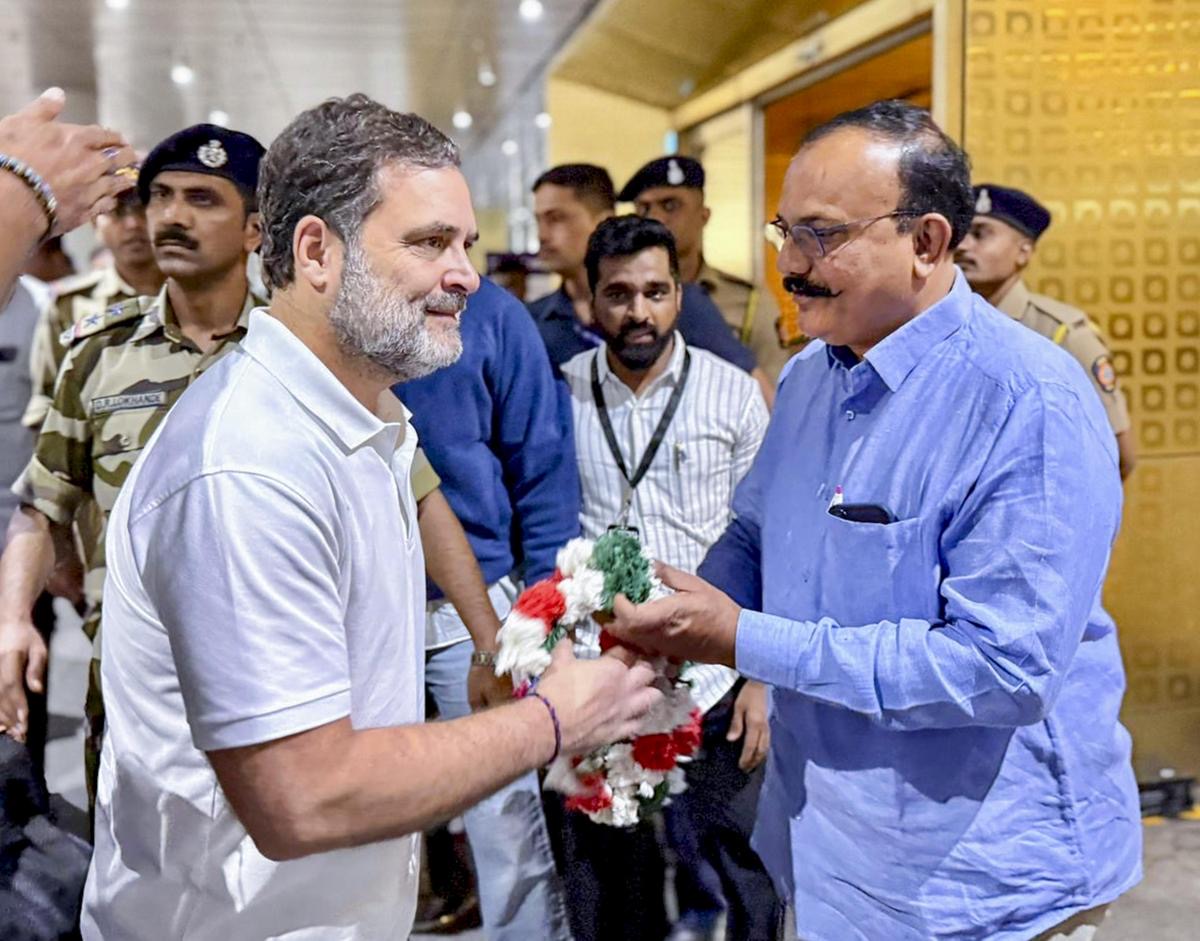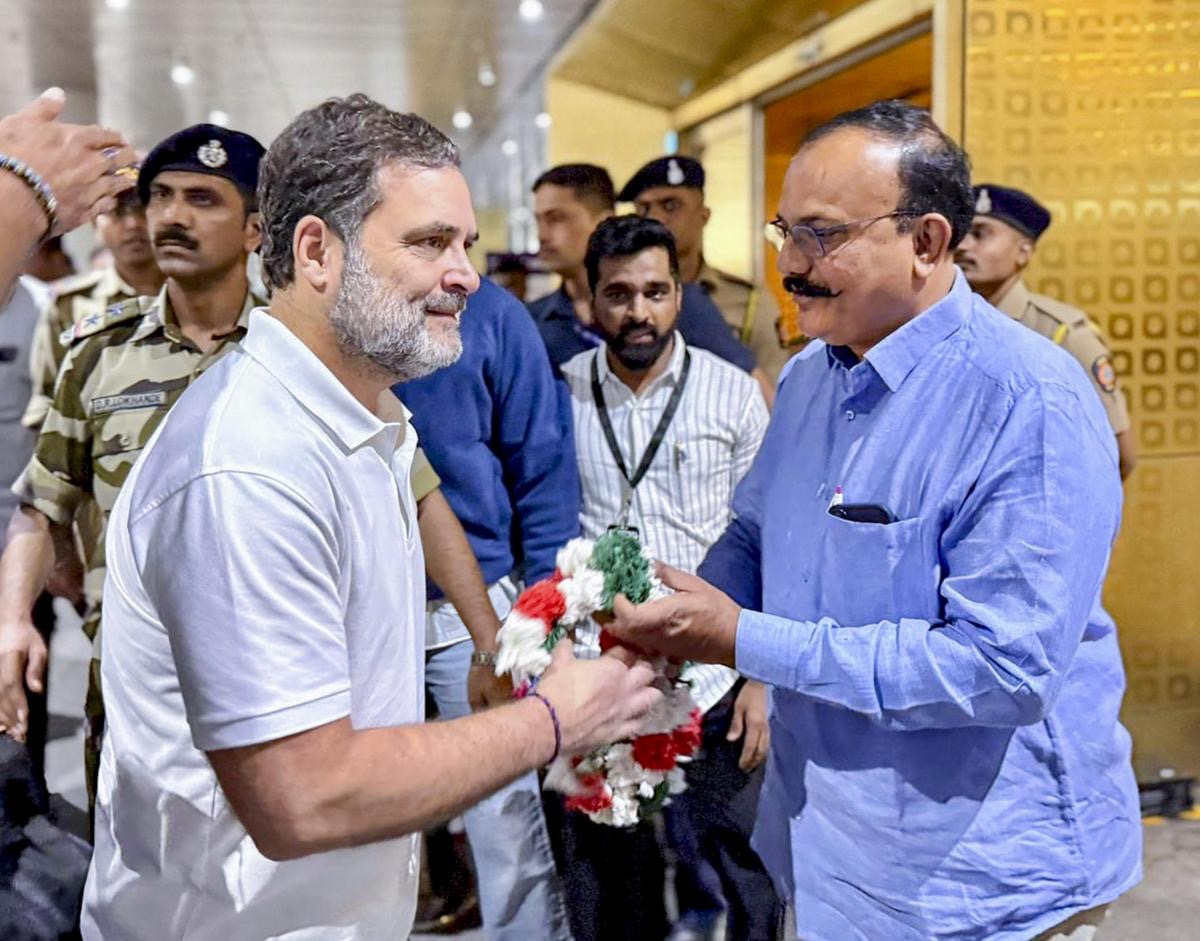Poonam Pandey stages death to spread awareness on cervical cancer
On Friday social media was flooded with news of the death of 32 year old model-turned actress and social media sensation, Poonam Pandey.
On Saturday Poonam Pandey staged death to spread awareness on cervical cancer:
Dr Manish Machave, consulting obstetrician, gynaecologist & gynaecological endoscopic surgeon, Ruby Hall Clinic, Pune, defined cervical cancer as a disease in which cells in the body grow out of control, primarily affecting individuals with a cervix.
Following the day of her team’s announcement of her “death” from cervical cancer, actor and reality TV personality Poonam Pandey on Saturday posted on her Instagram handle that she is alive and that her intention was to shock everyone into a conversation on the malady.
She posted on Instagram that she is alive and didn’t die of cervical cancer. Unfortunately, she can’t say the same on the hundreds and thousands of women who have lost their lives due to cervical cancer.
According to World Health Organisation (WHO), is the fourth most common cancer in women globally, responsible for an estimated 264,000 deaths each year. More than 85 per cent of these deaths are in low and middle-income countries.
Dr Manish Machave, consulting obstetrician, gynaecologist & gynaecological endoscopic surgeon, Ruby Hall Clinic, Pune, explained that Cervical cancer occurs when cells in the cervix the lower part of the uterus that connects to the vagina grow out of control.
Regardless being preventable through vaccination, and treatable if detected early, cervical cancer continues to pose challenges, especially in developing countries. As per
Dr Machave, those aged 30 and above are highly susceptible.
The central government recently announced it’s including the human papillomavirus (HPV) vaccine in its national immunisation program. The inclusion of the HPV vaccine in the national immunisation program promises significant strides in protecting young women from cervical cancer.
Dr Machave further explained that the primary driver of cervical cancer is persistent infection with specific strains of human papillomavirus (HPV). HPV, a prevalent virus transmitted through sexual activity, is encountered by at least half of sexually active individuals at some point in their lives.
However, only a small percentage will develop cervical cancer as a result,” Dr Machave explained to indianexpress.com in an interaction.
Other factors contributing to cervical cancer risk include early marriage, multiple pregnancies, and lack of preventive measures such as vaccination and screening.
Dr Thejaswini J, consultant – obstetrician and gynaecologist, Motherhood Hospitals, E-city, Bengaluru, added that early age sexual activity, unprotected sex, and tobacco/alcohol consumption can further increase the risk of developing cervical cancer.
One of the key challenges we face is the lack of awareness among women. Many women do not come for Pap smear testing, which is an essential part of the overall health checkup for women of reproductive age, recommended every 1 to 3 years.
However, as a gynecologist, whenever a sexually active patient visits us, we strongly advise them to undergo opportunistic screening, including Pap smear testing. Increasing awareness is crucial in addressing this issue.
News Edit K.V.Raman













